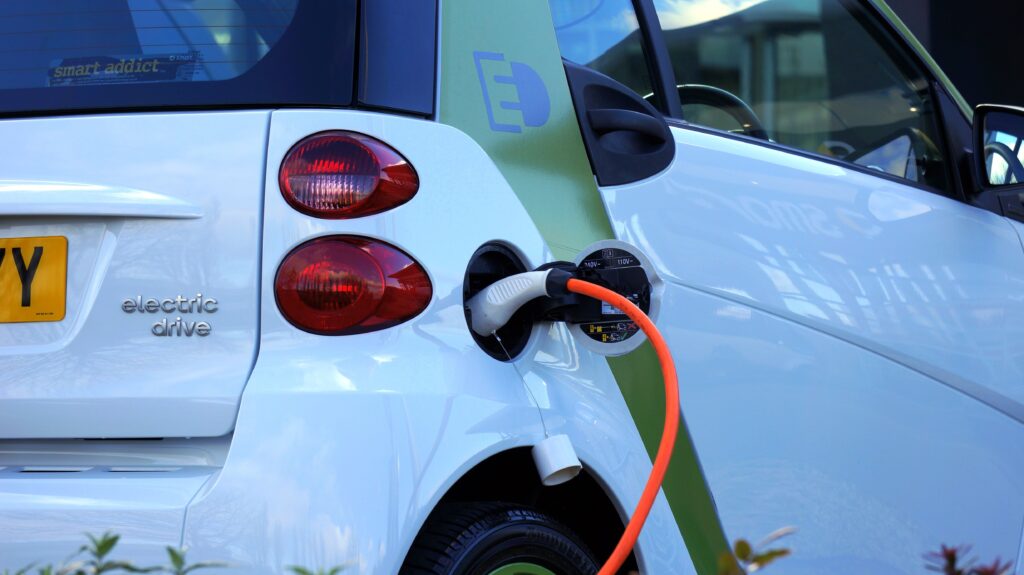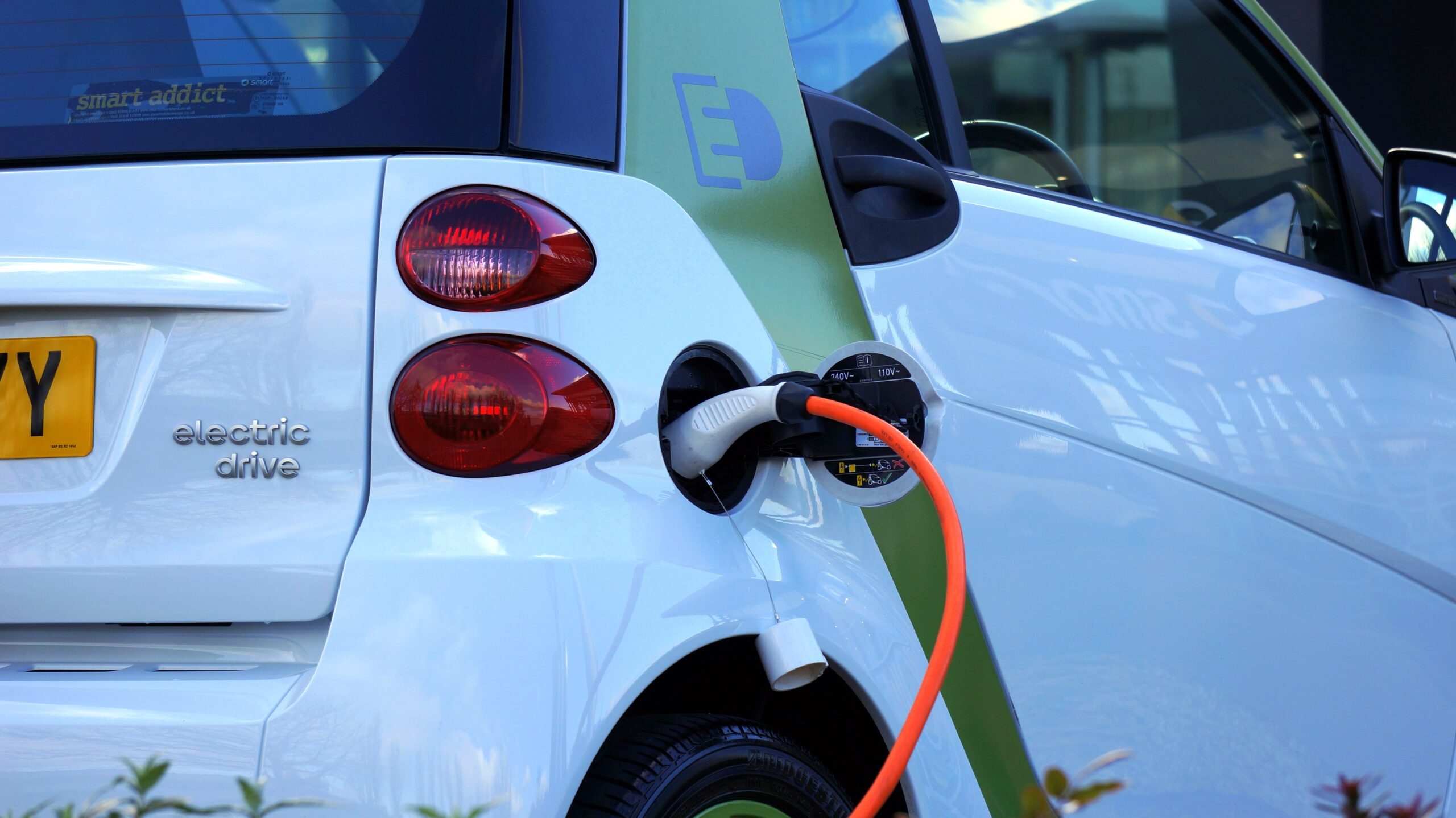In recent years, the electric vehicle market in the United Kingdom has witnessed steady growth with increased demand for both electric passenger and commercial vehicles. Many factors have brought about this growth, one of which is the UK government’s ambitious plan and concerted effort to phase out the use of petrol and diesel-powered cars on UK roads by 2030.
Available statistics confirm the UK government is on the right track to achieve this, with about 140,000 EVs sold in 2020, 190,000 in 2021, and no less than 267,000 sold in 2022. But, while these numbers are commendable, it could have been a lot better if many of the hindrances impeding EV sales had been squarely addressed.

Major Impediments to the Growth of EV Sales
Despite the numerous advantages and benefits EVs bring to the transportation industry, there are still many limitations inherent in their design and government regulations that have become cogs in the wheel of their progress.
Mileage Range of EVs and Shortage of Charging Stations
When considering long-distance travels with few or no electric vehicle charging stations on long stretches of road, the fear of the EV running out of juice and leaving commuters stranded on the road has been referred to as “range anxiety”. Though since the introduction of EVs, we have constantly been seeing an increase in the number of miles they can cover per full charge; however, there is still a limit to the range of miles the best EVs can cover, which is about 453 miles for the Mercedes EQS 450+ AMG Line.
There is a dire need for EV charging stations to be strategically located, especially along long stretches of road. With this in place, EV drivers can recharge their vehicles no matter how far off they are from a town or city. Similarly, investing in technology in manufacturing EV batteries and making their consumption rates more efficient is another vital area; many improvements need to be made to build confidence in EVs and boost their sales. One area that deserves special attention is machine learning, particularly analytics on battery data, as it has the potential to optimize the performance of EV batteries, making them more reliable and energy-efficient. Through data analytics, manufacturers can gain valuable insights into battery usage patterns, identify potential issues, and develop customized solutions to improve battery life and performance.

Upfront Costs and Tax Relief
While operating an EV (per mile) in the long run is relatively cheap, especially when you have an EV charging station installed in your home, the initial cost of purchasing an EV is still high. This is undoubtedly the reality when you consider buying the improved, more efficient new EV models coupled with the effects of inflation and increased interest rates on borrowing; all these add up to make it quite expensive for anyone shopping for a vehicle on a budget to opt for an EV. The good thing is employees can sign up for a salary sacrifice program when planning to purchase an EV, allowing them to save up to 60% of the monthly lease cost.
What about those who use their EV for business travel? The HMRC mileage rate offers an advisory rate of what employees using an EV should claim back for each mile. It changes every quarter and. while the fact that the rate for petrol and diesel engines is higher reflects the more consumer-friendly cost of charging an EV (versus filling up on fuel), the size of that difference perhaps doesn’t reflect the changes in cost due to rising electricity prices. With employers likely following these advisory rates, would a higher rate or more regular update help attract more employee-consumers to the EV market?
The Way Forward…
If these trends continue rather than being addressed, it might lead to a drop in the number of EVs sold in the UK despite the sustained growth the EV market has recently experienced. On the contrary, reducing taxes on EVs and subsidising their production costs, while at the same time setting up ancillary infrastructures they need, like charging stations, will likely see more EVs on UK roads than ever before.






